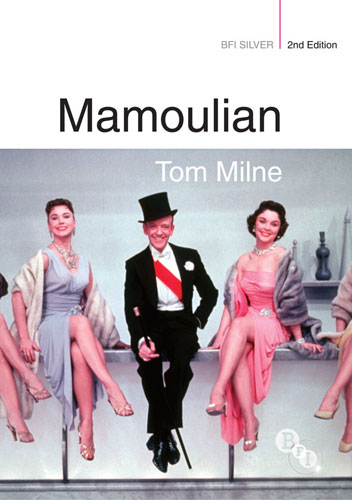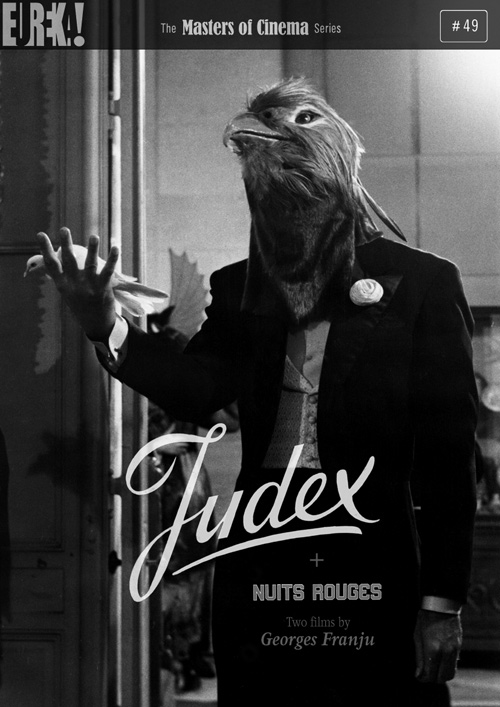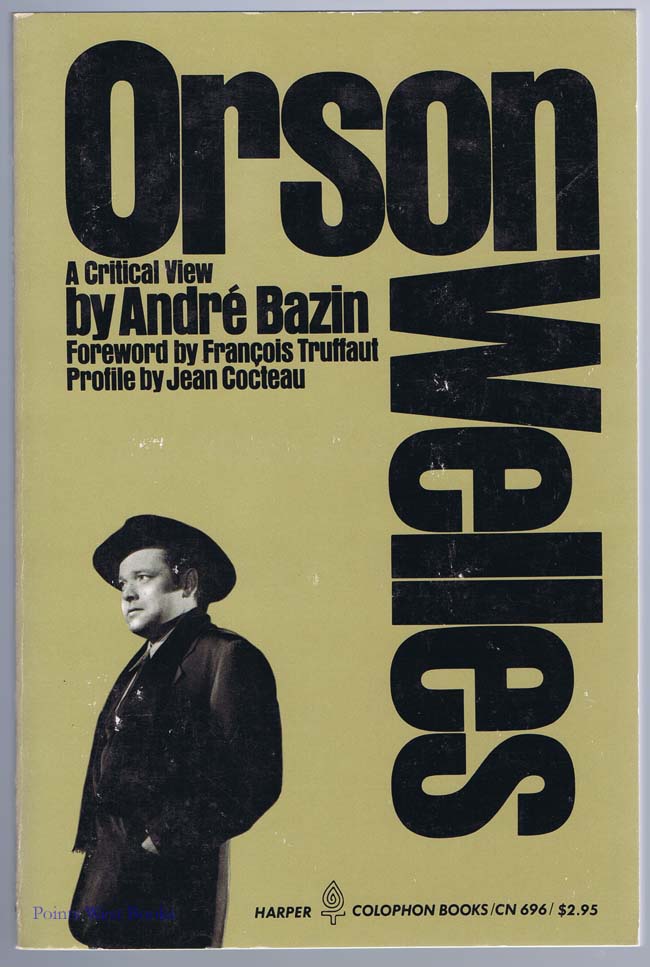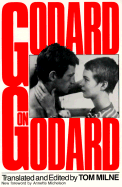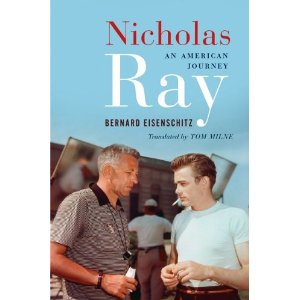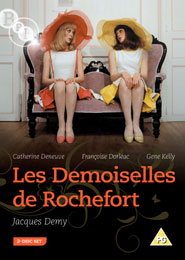From Sight and Sound, February 2006. — J.R.
I was a fan of Tom Milne’s writing before I ever met him, having not only read his passionate criticism religiously in Sight and Sound during the 1960s, but also having selected his review of Franju’s Judex for a never-published anthology, Film Masters, that I edited in New York, shortly before I moved to Paris in 1969. I acquired permission to reprint it from Penelope Houston, the magazine’s editor (whose vibrant review of Last Year at Marienbad I was also including), and having published virtually nothing of my own at the time, I was inordinately pleased when Penelope wrote me back that Tom had said, “Whoever he is, tell him he’s got taste,” for that review was one of his own favorites.
I think I must have met him for the first time circa 1974, in London, when I was preparing to live there and start work as assistant editor to Richard Combs on Monthly Film Bulletin, Sight and Sound’s sister magazine at the BFI. As a former assistant to Penelope, Tom was still a key contributor to both magazines; one might even call him — I would indeed call him — the key contributor, as well as a mainstay at the office in all sorts of other, more practical ways (such as deputy editing and proofreading, for example). Along with Ray Durgnat, whom I was becoming friends with over the same period, he was my favorite London film critic, so it pained me that these two brilliant writers had so little use for one another, despite their many shared enthusiasms and their considerable erudition, due mainly to the highly sectarian nature of the local film scene. But then again, I was even more pained when an issue of Projections in the 1990s devoted to film criticism had virtually nothing to say about either one of these giants, for related reasons — as if they’d never existed.
Through a false impression that may have been stoked by a faulty recollection of a conversation with Tom, I’ve been assuming for years that he and Ray were born around the same time. In fact, I now know from Tom’s sister (by way of Nigel Algar) that he was born in 1926, whereas Ray was born in 1932. Come to think of it, this is perfectly reasonable insofar as Tom is the only critic I’m aware of who ever wrote about Jacques Rivette’s silent, 40-minute La quadrille, produced by and costarring Jean-Luc Godard, which Tom saw at a ciné-club on Rue Danton circa 1950 — most likely around the same time he was going to the Sorbonne, which meant he would have been in his mid-20s at the time, rather than (less likely) a teenager. (See his essay about Rivette’s L’amour fou, one of his favorite films, in the Spring 1969 Sight and Sound, which opens with his memorable account of that screening.) For maybe a year and a half in the mid-70s, I wound up as a flat mate of Tom’s in his dusty, rambling, second-story, book-laden digs on Branch Hill in World’s End, not far from the Thames. It was a place that reflected Tom’s reclusiveness, yet he remained a good and invaluable friend the whole time I stayed there, until I moved back to the states in early 1977. During most of that time, I was translating André Bazin’s Orson Welles (or trying to) and editing a BFI monograph called Rivette: Texts & Interviews, and Tom’s help on both books was so committed and substantial — meticulously correcting my slipshod translation of Bazin and translating most of the Rivette texts himself — that he should have been credited as coeditor on both (though I’m sure he would have modestly declined that courtesy had he been offered it).
On one of my visits back to London, after Tom had moved back to Aberdeen to live with his sister, I phoned him there to ask why he’d decided to return there and thereby give up film criticism. I recall he said something about a sour kind of inspiration having once hit him on a bus ride to the West End, which more or less went to the tune of, “Why am I still doing this?”
The sad fact was, I think he finally packed it in because he wasn’t getting more positive feedback on what he was doing. If he’d been writing today and the Internet had carried at least some of his passionate prose, it might have been different; back then, alas, as strange as it may seem, the fact that he loved film as much as he did actually counted as a handicap in some of the London film circles we both frequented. (He’d also had a stint as a drama critic for a magazine called Encore, a career that seemingly went equally underappreciated.)
Some day, when the profoundly underestimated and ignored legacy of the BFI’s Editorial Department under Penelope over several decades gets properly reappraised, the incredible work of Tom will finally receive some of its due. I’m thinking not only of his irreplaceable translation work (including Godard’s criticism and Bernard Eisenschitz’s Nick Ray biography, and his subtitling for the BBC — including one labor of love he was particularly and justly proud of, Les Demoiselles de Rochefort, another favorite, subtitled in rhyming couplets) and his wonderful book on Dreyer, but the extraordinary articles and reviews he wrote for Sight and Sound and Monthly Film Bulletin, the list of which is far too long and rich for me to try to synopsize here. If this work were online today, it would have been canonized as essential writing about cinema a long time ago. Above all, it deserves to be collected, treasured, and remembered.
— Jonathan Rosenbaum, December 2005


